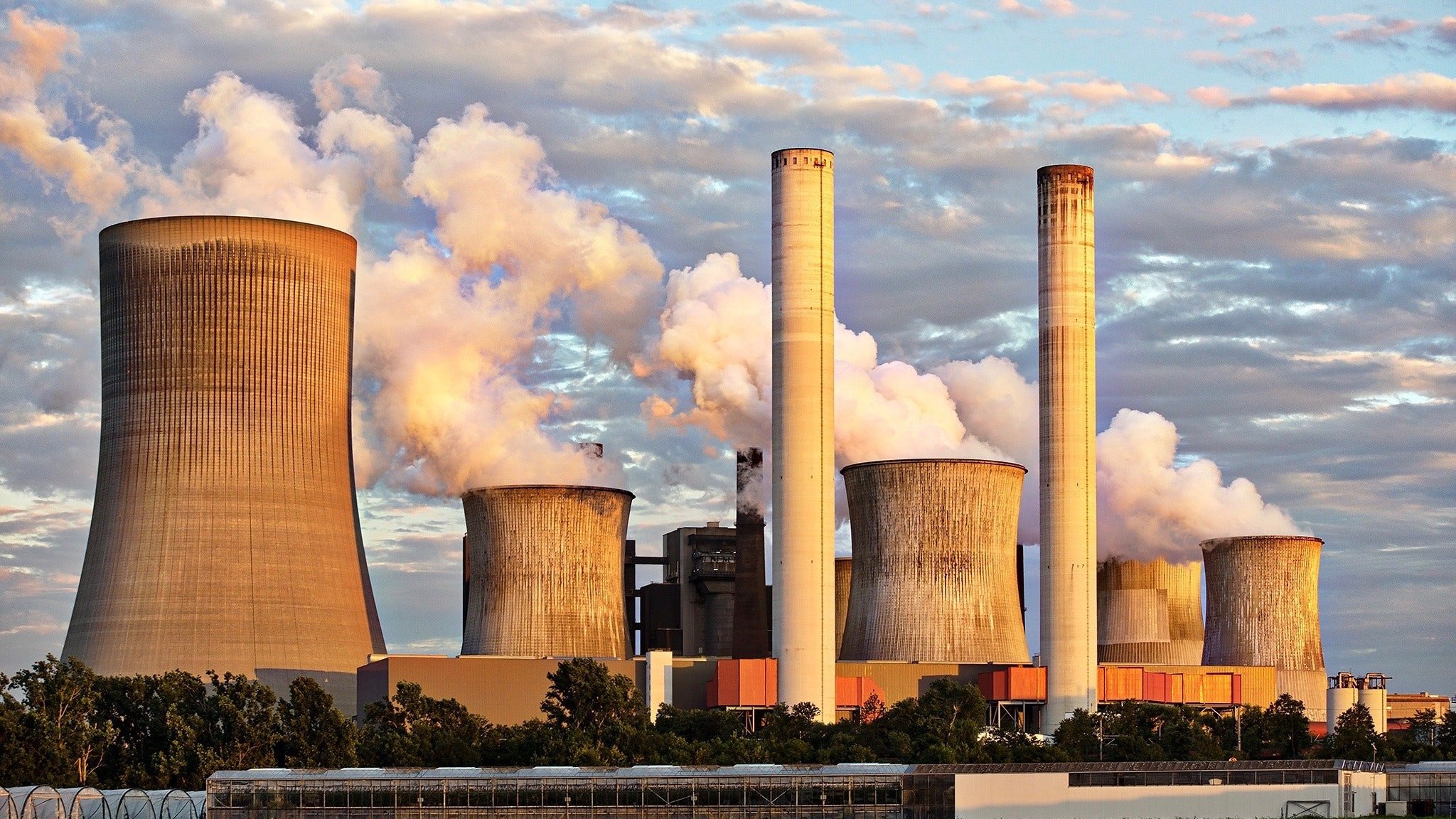
Air Pollution Exposure Is Linked to Increased Violent Crime, Domestic Violence

WCN 24/7 / Flickr / CC BY-NC-ND 2.0
Scientists have connected air pollution with a host of health issues — such as cancer, lung and heart diseases — that the World Health Organization says leads to more than 7 million premature deaths each year. But toxic air may also be driving a different type of public health issue: violent crime.
Sweeping new studies from researchers at Colorado State University and the University of Minnesota have found that across the U.S., short-term exposure to dirty air is strongly linked to an uptick in aggressive behavior in the form of aggravated assaults and domestic violence. The researchers noted that the risk of aggressive behavior increased even at air pollution levels below regulatory standards for breathability set by the EPA.
Published in the Journal of Environmental Economics and Management, the study examined eight years of daily crime data from the Federal Bureau of Investigation’s National Incident Based Reporting System, air pollution data — for instance, smoke levels from wildfires — tracked by the Environmental Protection Agency and the Oceanic and Atmospheric Administration, and weather data from the PRISM Climate Group at Oregon State University.
Specifically, the researchers looked at two types of air pollution: a type of breathable particulate matter called PM2.5 and ozone exposure. According to ScienceDaily, the researchers found that increased same-day exposure to PM2.5 by as little as 10 micrograms per cubic meter was associated with a 1.4 percent increase in violent crimes. An increase of same-day exposure to ozone of .01 parts per million was associated with a nearly 1 percent increase in violent crime.
In the FBI database, 83 percent of the violent crimes were categorized as assaults and 56 percent of the violent crimes took place within the home, leading researchers to believe many were domestic violence incidents. They did not find a significant increase in property or other non-violent crimes associated with increased air pollution.
Put another way, a 10 percent increase in same-day exposure to PM2.5 was associated with a 0.14 percent increase in violent crime, while a similar increase in ozone exposure saw violent crimes climb by 0.3 percent, according to The Economist.
“We’re talking about crimes that might not even be physical—you can assault someone verbally,” co-author Jude Bayham said in a statement. “The story is, when you’re exposed to more pollution, you become marginally more aggressive, so those altercations—some things that may not have escalated—do escalate.”
This presents a significant burden for affected communities, considering that the number of Americans—4 in 10, according to the American Lung Association—now living with unhealthy levels of air pollution is on the rise.
“The results suggest that a 10% reduction in daily PM2.5 and ozone could save .4 billion in crime costs per year, a previously overlooked cost associated with pollution,” the researchers wrote.
The researchers also found that the results were consistent across all types of communities in the study, regardless of racial diversity, age and prevailing socioeconomic status, according to Medical Xpress.
That said, while the studies did include nearly 400 counties across the U.S. and around 28 percent of the population, it only monitored areas where daily data could be reliably calculated, MarketWatch reported, leaving out counties in places like New York or California. The studies only showed a correlative relationship and did not look at physiological explanations for the effects of exposure, according to 9News..
The studies build on other recent evidence linking pollution to crime as researchers are beginning to gain a better understanding of the many ways air pollution can be harmful on a personal and societal level. For instance, a study this month found that short-term increases in air pollution have been linked to increases in hospital visits for child psychiatric issues.
Even Small Spikes in Air Pollution Can Threaten Children’s Mental Health, Research Suggests – EcoWatch https://t.co/1UUfJve9FI
— Cathie Bird (@4dEarth) September 28, 2019
- Study Links Air Pollution and Teenage Psychotic Experiences ...
- Air Pollution Linked to 30,000 U.S. Deaths in One Year - EcoWatch
- Is Air Pollution Making You Sick? 4 Questions Answered - EcoWatch

 233k
233k  41k
41k  Subscribe
Subscribe 